Ten years ago, social media influencer Wan Yifeng bought his first-ever cologne, today, the perfume blogger keeps more than 500 bottles worth a total of RMB500,000 in his apartment in Beijing.
On a chilly Saturday morning in March, we meet Wan at a coffee shop in Sanlitun, in Beijing’s Chaoyang district. It takes less than five minutes to walk from the coffee shop to Taikoo Li, a popular shopping complex with renowned international perfume stores like Atelier Cologne, Byredo and Diptyque.
“For me, cologne is the last piece of an outfit that I’ll put on before going out,” Wan says. “I feel something’s missing if I don’t use it as a final touch. It’s like an aura surrounding you.” Wan is wearing a dark leather jacket and tells us that he used Silver Musk by Nasomatto to “soften the sharpness” of his outfit.

Silver Musk by Nasomatto
Wan’s entrance into the world of perfume began with an article he came across in L'Officiel Hommes back in high school, where he read about Cool Water, a revolutionary men’s fragrance released in 1988 by Davidoff.
Two years ago, Wan began posting perfume reviews on Xiaohongshu and has more than 23,000 followers.
Wan purchased the cologne at an airport duty-free store and bought it again after using up the first bottle. Since then, not only has he discovered the magic that comes with wearing a nice perfume, but he thinks it’s a confidence booster and he has since developed an indispensable bond with the feeling of smelling great.
A regular Chinese consumer may not have the luxury of owning 500 bottles of perfume, but thanks to the thriving e-commerce economy and an expanding middle-income group, perfumes and colognes are seen as a daily necessity for many Chinese consumers.
The Chinese perfume market maintained a compound annual growth rate of 15% from 2015 to 2020, and over the next five years, it is expected to surpass 22%, three times that of the global market, as reported by Jing Daily. It is also said that China’s domestic perfume market is projected to exceed RMB40 billion this year.

Social Media influencer Wan Yifeng. Image via Wan Yifeng.
A Business Insider article linked the ballooning fragrance sales during the COVID-19 pandemic to consumers' craving for a “getaway,” or something that can lift spirits. But people use perfumes for many more different reasons. For example, China’s Gen-Z regards a splash of cologne as a form of self-expression, which may explain the boom of niche fragrances in China.
As domestic demand for perfumes grows, Chinese consumers are turning to reviews posted by influencers for a guide on what to buy. On China’s social media platform Xiaohongshu, more than 1.8 million posts will pop up when searching for xiangshui, the Chinese word for perfume.
Wan previously spent a good deal of time abroad: He studied Applied Mathematics at the University of California, Davis, and went to University College London for a master’s degree in management. The overseas experience opened a door for him to get to know more international perfume brands.
“Although I started using perfume when I was in high school, I was only able to access a few brands in China at that time,” Wan explains. “But when I was in the States, I discovered that perfume takes up a good amount of space in department stores.
“I used to go to Barneys in San Francisco on weekends. There were so many types of perfume on the basement level. It was really eye-opening for me. In some way, my time abroad paved the way for me to become a perfume blogger,” he says.
London turned out to be his all-time favorite city (Wan even describes himself as having a “London soul” in his Xiaohongshu bio).
“When I was in London, I noticed that work takes up a small part of Londoners’ lives,” Wan recalls. “They will get a drink at a riverside bar when they clock off or find somewhere to listen to live music.”
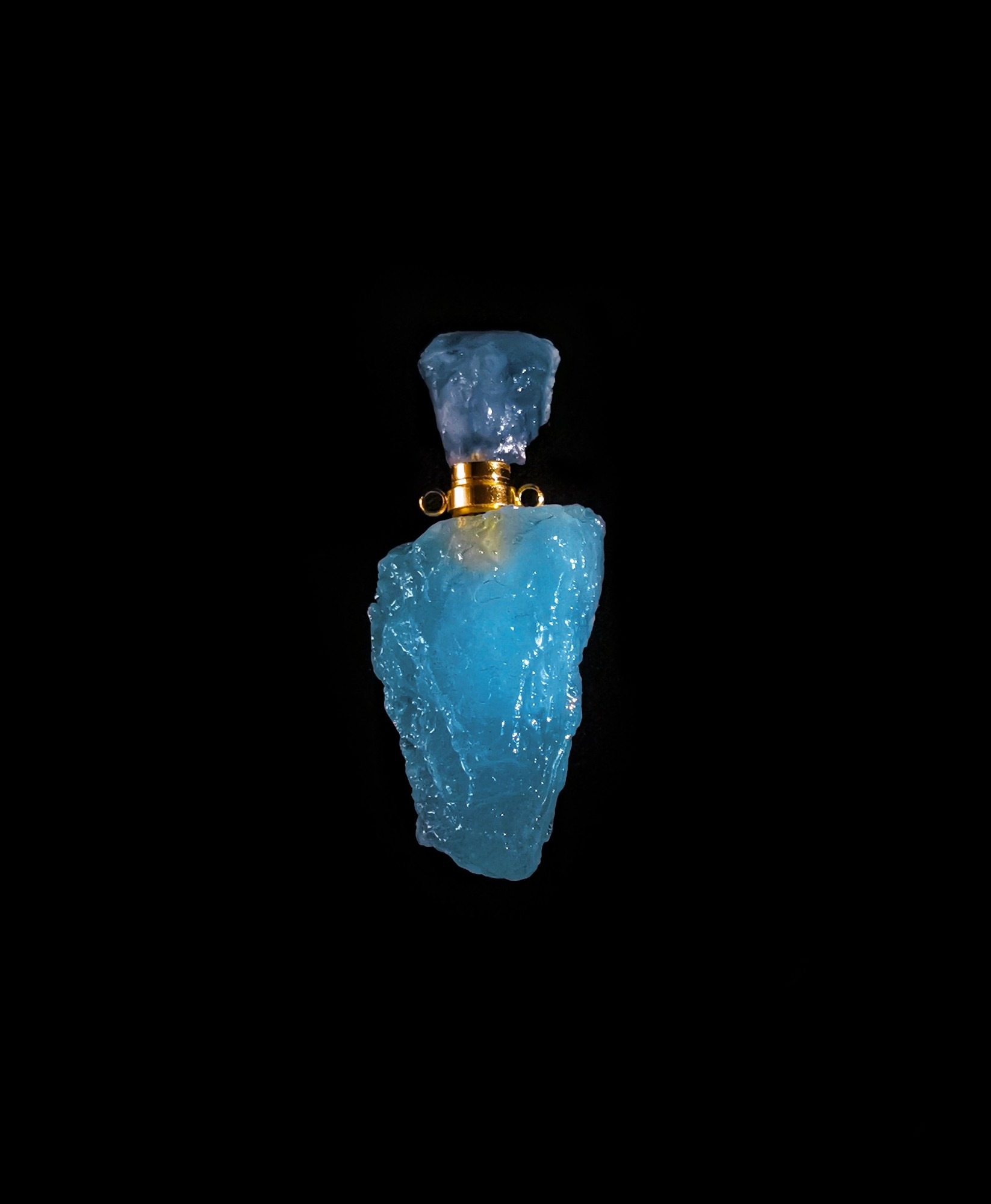
A perfume by Chinese brand, Synemoon. Image via Synesmoon.
In February, the 27-year-old quit his 9-to-6 risk analyst job at Deloitte and has since become a full-time perfume blogger. Wan says that not having enough time to develop his perfume blogging career was the biggest reason that he made this decision. Besides, what he’s earning as an influencer is at least twice the salary he had at Deloitte.
"Before going to London, I wanted to find a stable job that looked ‘decent’. I wasn’t really following my heart,” he says. “But after studying in London, I realized that I wanted a job that I’m passionate about. Even though my first job was at Deloitte, I always knew that I would muster up enough courage and accumulate enough knowledge and experience to pursue something that makes me comfortable and happy.”
Despite regularly receiving free samples from brands, Wan spends around RMB3,000 on buying new fragrances every month. “Don’t buy a fragrance because of its name,” is a general rule of thumb he gives to people looking to choose their perfect scent.
“I will ask my friends a bunch of questions to help them find their signature fragrance,” Wan tells us. “While more and more people are showing a genuine interest in buying perfume, many still don’t know how to effectively describe their preference. You have to guide them by asking questions like ‘do you like to smell cold or warm, soft or hard, aggressive or amiable.’”
The huge potential of the Chinese fragrance market also provides fertile ground for homegrown brands. Some Chinese brands, like To Summer, have made a splash by restoring Eastern botanical scents of lotus, Osmanthus and plum blossom.
In traditional Chinese culture, plum, pine and bamboo are known as the “Three Friends of Winter.” They stand for steadfastness and perseverance because they, unlike many other plants, do not wither in extremely cold weather. Zhe gui, to win laurels, is a Chinese term that gives Osmanthus an auspicious meaning, while the lotus flower is praised for its purity, despite growing in the darkest, murkiest of swamps.
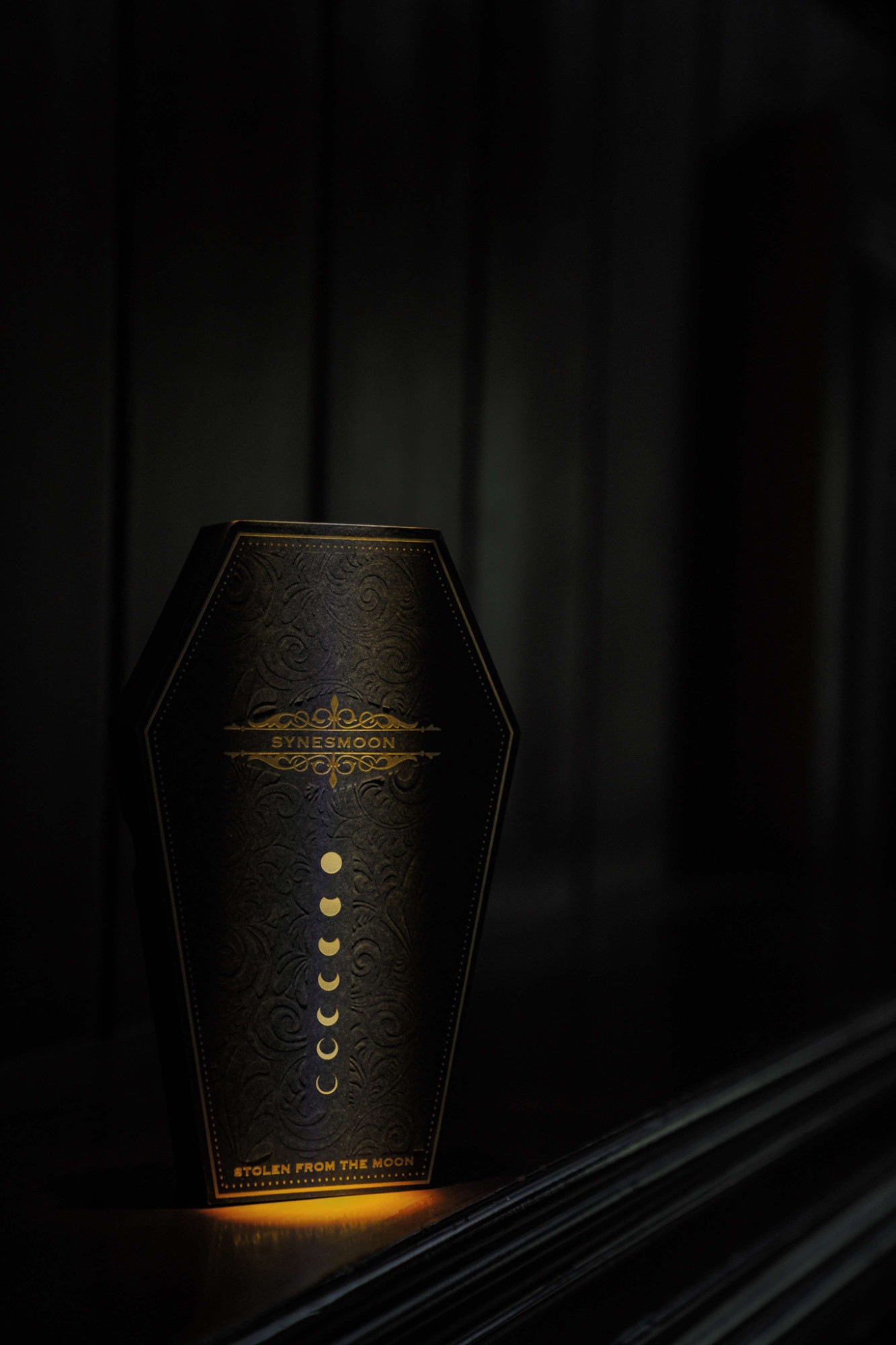
A perfume by Chinese brand, Synemoon. Image via Synesmoon.
But not all homegrown fragrance brands base their products on Chinese cultural roots. Synesmoon, for instance, places “emotional value” or “romantic value” above everything else.
“Welcome. Let me steal you some romance from the moon,” reads the greeting message you receive after subscribing to Synesmoon’s official WeChat account. The interface of its online WeChat store and the design of its amber perfume bottles are reminiscent of medieval and gothic novels.
“Fragrance is a sanctuary that you can carry around,” reads a post on the official Weibo account of Synesmoon. “A sanctuary is where you are accepted regardless of your background and identity, and that’s how perfumes make me feel,” elaborates Wang Haoyu, founder of the Synesmoon.
Wang believes in the power of inclusion in perfume, which is part of the reason why all Synesmoon fragrances are gender-neutral. Customers can choose whatever scent appeals to them without being judged by gender stereotypes.
While Synesmoon seeks to establish a more intimate relationship with its customers, the price of its fragrances has raised some eyebrows. A 50ml bottle can cost between RMB2,000 and RMB5,000. “There’s no rulebook in the world of fragrance,” says the 25-year-old entrepreneur in response to controversies about overpricing. “All that matters is whether you like it or not.”
Despite the high prices, Synesmoon wants to give back to society. Together with Circulation, a Chinese women’s clothing brand founded by Eyre Chan in 2015, Synesmoon launched a campaign to raise autism awareness. Ten percent of the sales generated from the campaign were donated to several special needs schools and non-profits committed to helping autistic children through art classes.
Synesmoon’s store first opened a pilot shop in the Kuanzhai Alley, Chengdu, in January 2022 but will relocate to Taikoo Li (also in Chengdu) in June or July. The interior design of the new store will offer a more immersive experience by installing western elements, from chandeliers to furnaces and a “blood pool” (don’t panic, it’s not made of real blood, but instead uses lights and shadows to give it a blood-red appearance).
For now, Wang recommends buying Synesmoon products online, as consumers can enjoy a little surprise in the “make a wish” section before placing an order.
“Some of our customers will write down a wish, something like ‘I want to be rich,’ so we will spray a perfume that smells of banknotes onto his or her ‘fragrance love letter’ or leave their order with a mini bottle of money perfume as a gift,” Wang explains.
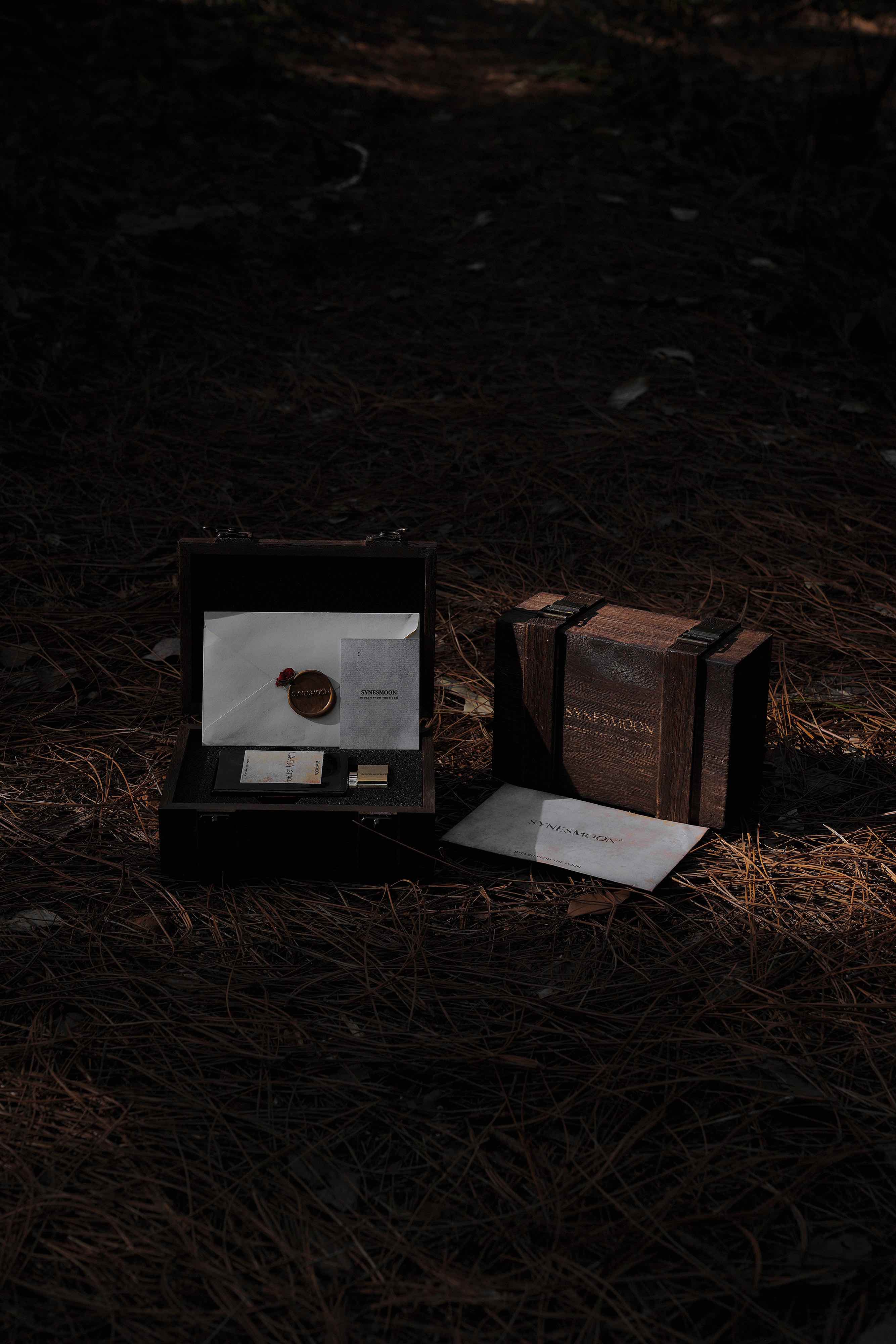
Synesmoon's packagaing and fragrance love letter. Image via Synesmoon.
Speaking of how Chinese brands are different from foreign ones, influencer Wan believes, “The visual design of Chinese fragrance brands is more appealing and Chinese brands understand the psychology of Chinese consumers better than global competitors.”
Speed is another advantage for domestic fragrance brands in the competition for consumers’ attention against big global names. According to Wang, it takes a week for his company to develop a new perfume and two and a half months to manufacture and process the legal paperwork. But for foreign brands, new launches can take years. The development of Tacit, a citrus cologne from the Australian luxury skincare brand Aesop, for example, “had, in fact, spanned some seven years,” according to the brand’s website.
In the future, Wan hopes to diversify his content by creating video reviews and taking short-term perfumery programs. In China, there are training programs or courses to help people acquire a professional understanding of perfume and aromatherapy. Wan says he has an interest in receiving professional training, but he doesn’t want to rush into it.

Wan sampling some new perfumes. Image via Wan Yifeng.
For Wang, one of the top priorities for Synesmoon is marketing through offline events planning, to underscore the brand’s new slogan, “romantic tragedy.” He also says the prices of his perfumes will rise, as he believes the emotional value will always win over the hearts of consumers.
With more western perfume brands like Frederic Malle and Serge Lutens expanding their business to the Chinese market, consumers are given the privilege of a wider variety of choices. But the struggle for consumers is how to find a signature perfume in a larger pool.
For brands and influencers eager to replicate the success of Wan or Synesmoon, presenting a scent through good storytelling is something that sets promising candidates apart.
[Cover image via Synesmoon]





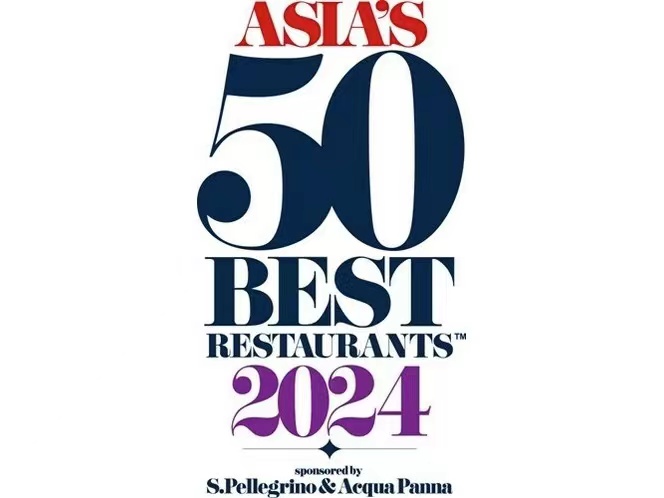
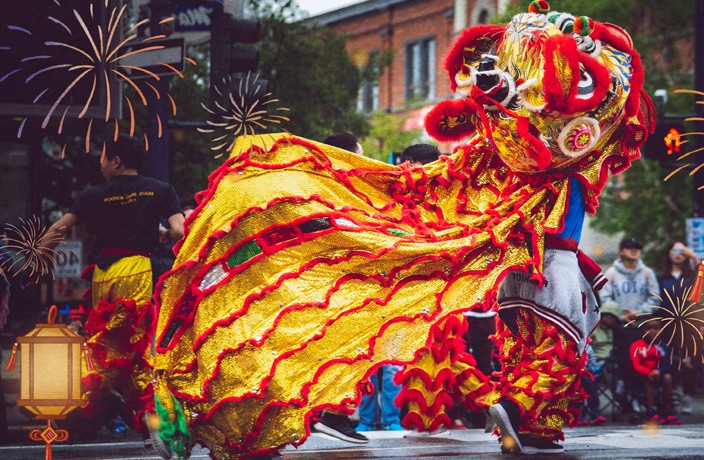
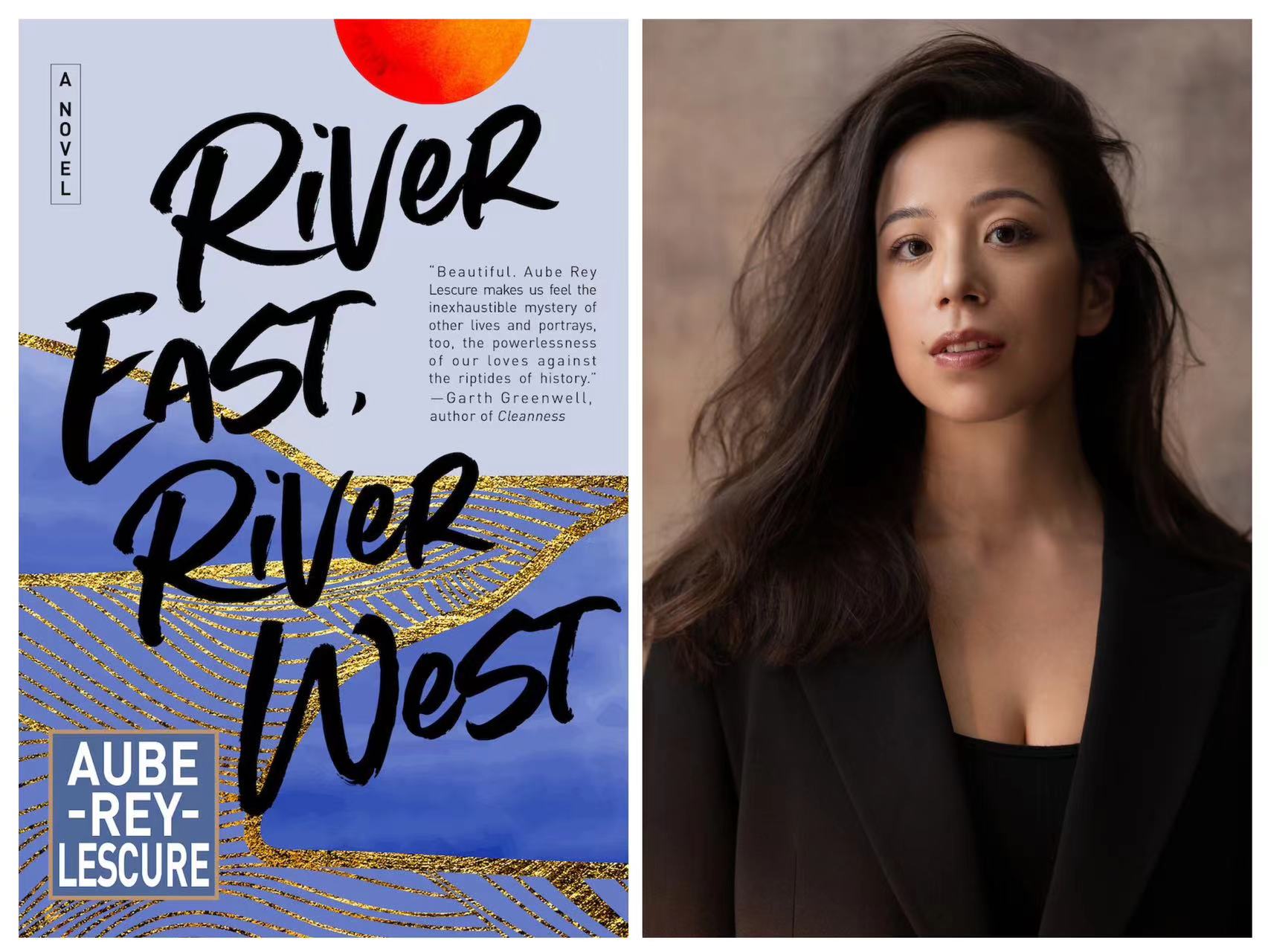













0 User Comments